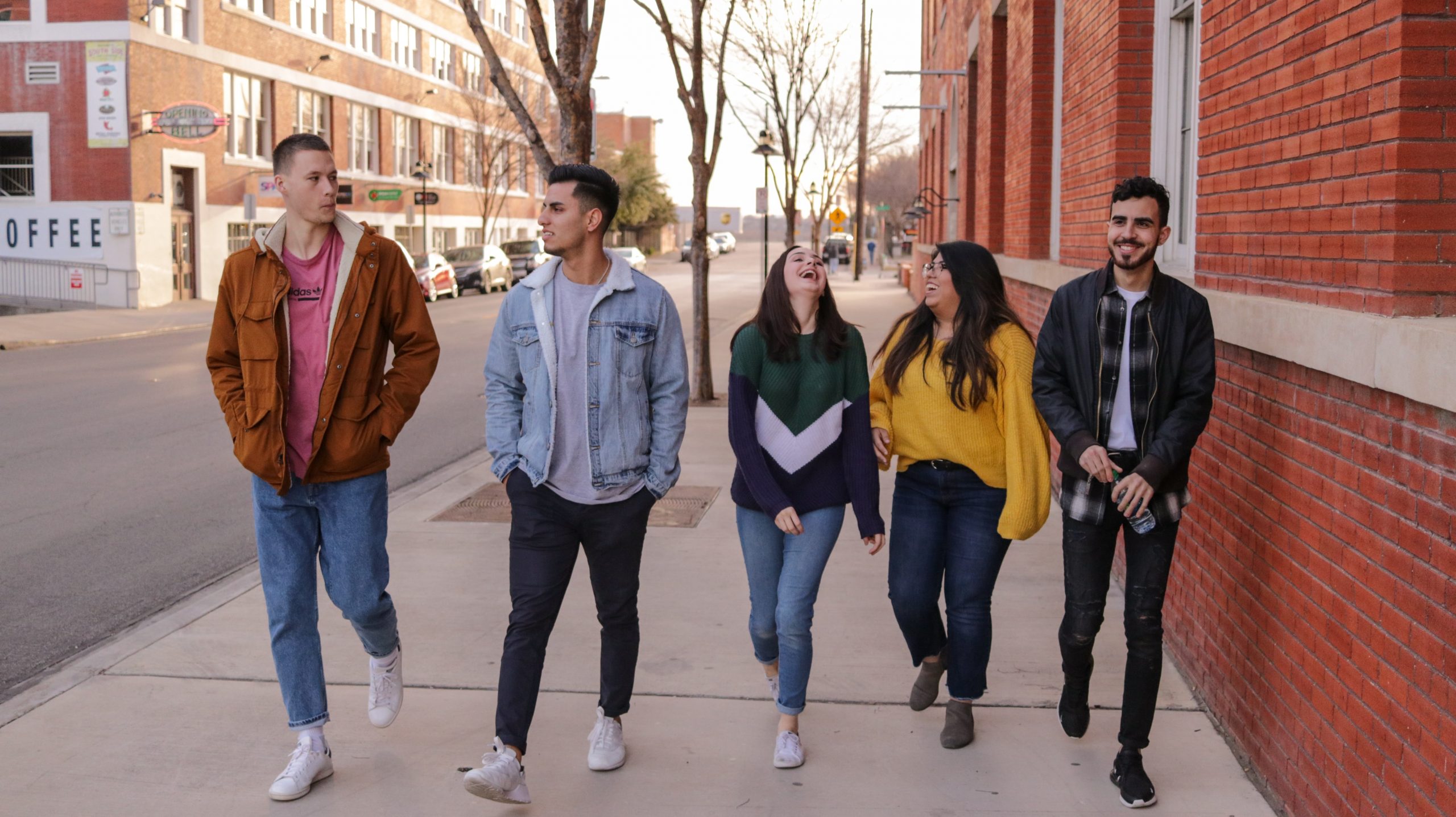Teen Dating Violence
Teen dating violence (TDV) is real and it’s happening. It’s not “kids being kids” or "boys being boys." It’s not “teenage drama” or something to “deal with.” TDV has an impact. About one in three teens report that they have experienced physical, emotional, or sexual abuse in their youth.
It is real. It is intense. Young people need to be believed.
We work to create a world free of TDV and domestic violence by collaborating across communities to ensure people of all ages know how to promote healthy relationships and respond to abuse.
Youth-Focused Prevention Programs
Training and support for educators
Teachers and support staff work to build positive relationships with students, so we train and inform education communities to make sure they have the knowledge and skills to support their students when they disclose, cause harm, or want to learn.
Supporting youth/peer leadership groups
Young people constantly learn from their peers. We support peer to peer educations groups so youth have the skills to foster conversations about relationships and accountability within their communities.
Workshops for parents/families
We provide workshops for parents, families, and supportive adults so they can model healthy relationship behaviors, practice empathetic responses, and have conversations that reinforce positive lessons learned in school from teachers and peers.
PAVE (Peers Against Violence Educators)
PAVE is a peer leadership club held at Waltham High School. PAVE helps participating youth develop healthy relationships and practice effective communication skills, engages youth and invested adults as active bystanders in identifying and responding to dating violence, and fosters impactful youth leadership skills.

You can help
When asked, the majority of young people say they would talk with a trusted adult or friend about TDV they are experiencing. However, a negative, blaming, shaming, or doubting response silences and isolates survivors, which can replicate patterns of abuse. Having a supportive person in our life is an indicator/ predictor of resilience. That can be your community, your family, or your chosen family. You might be that person for someone.
Learn more about How to Talk With Teens About Relationships in our webinar recording.




